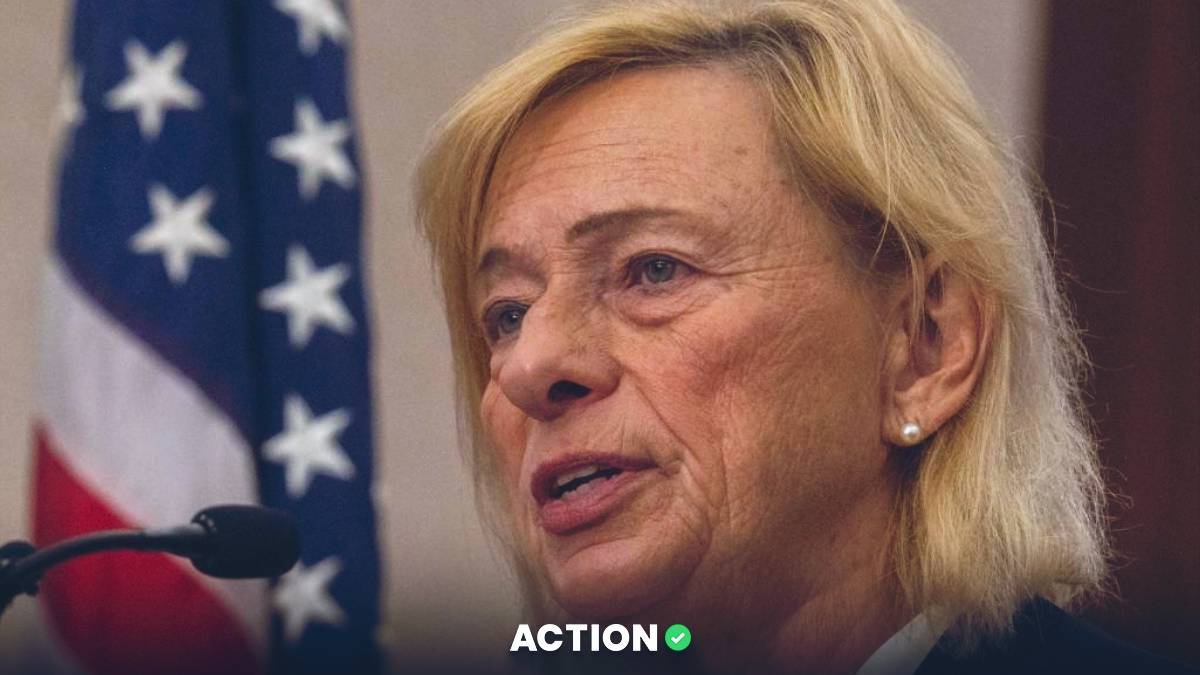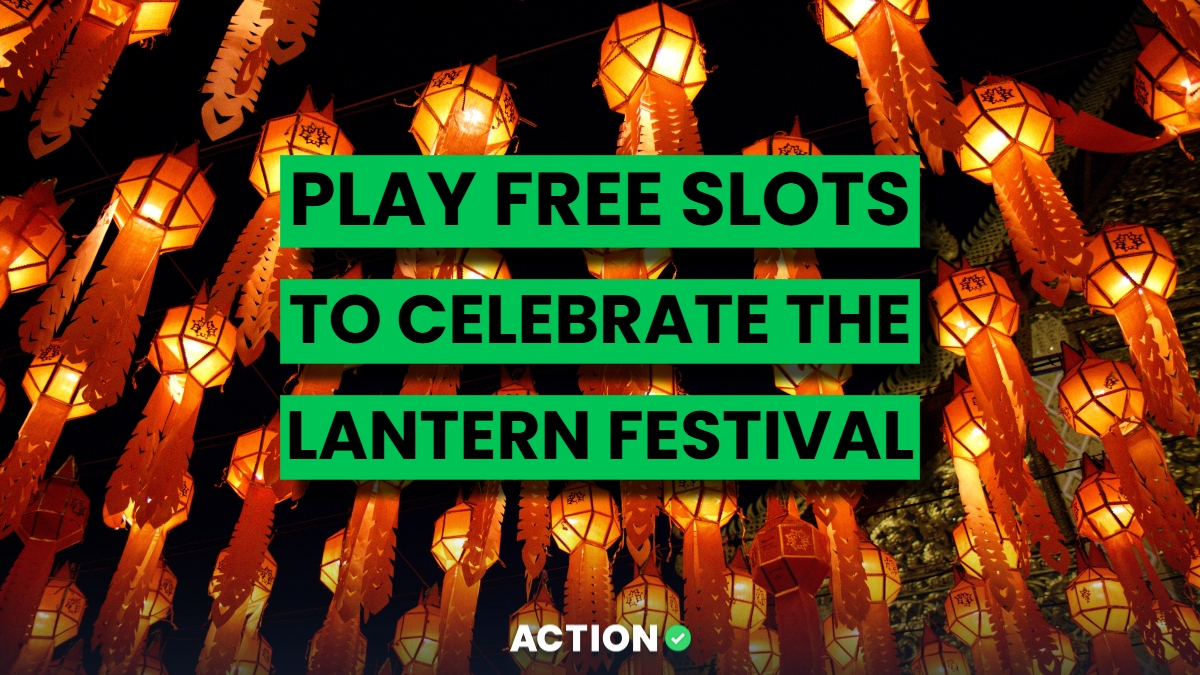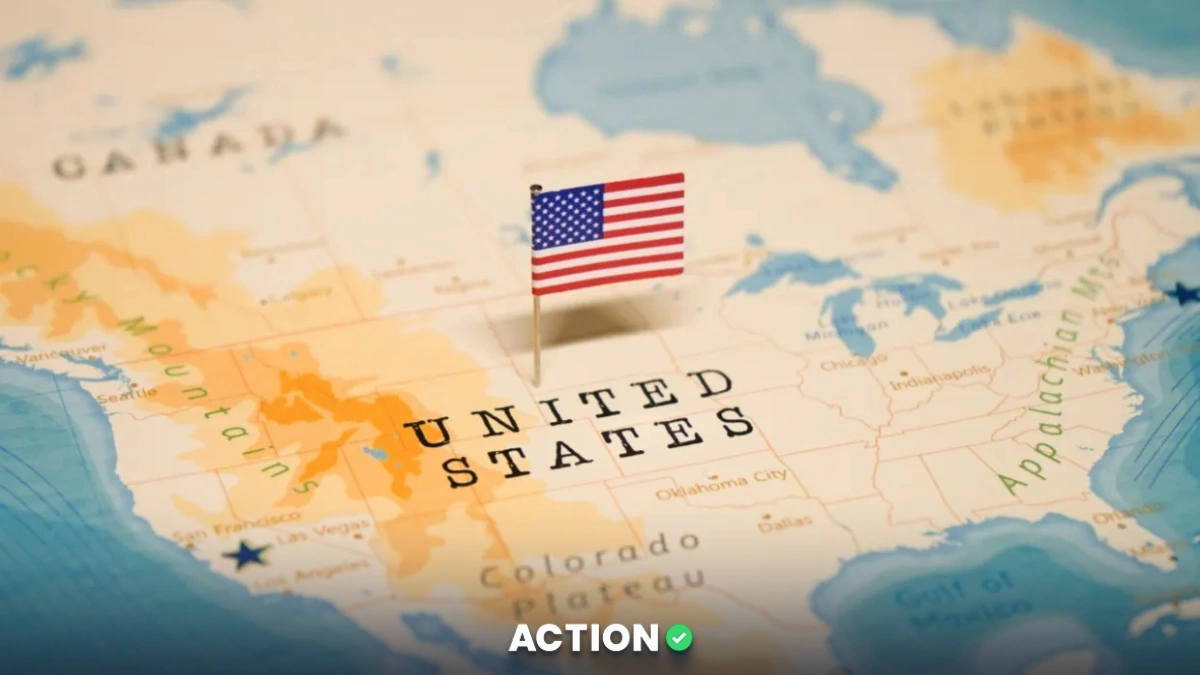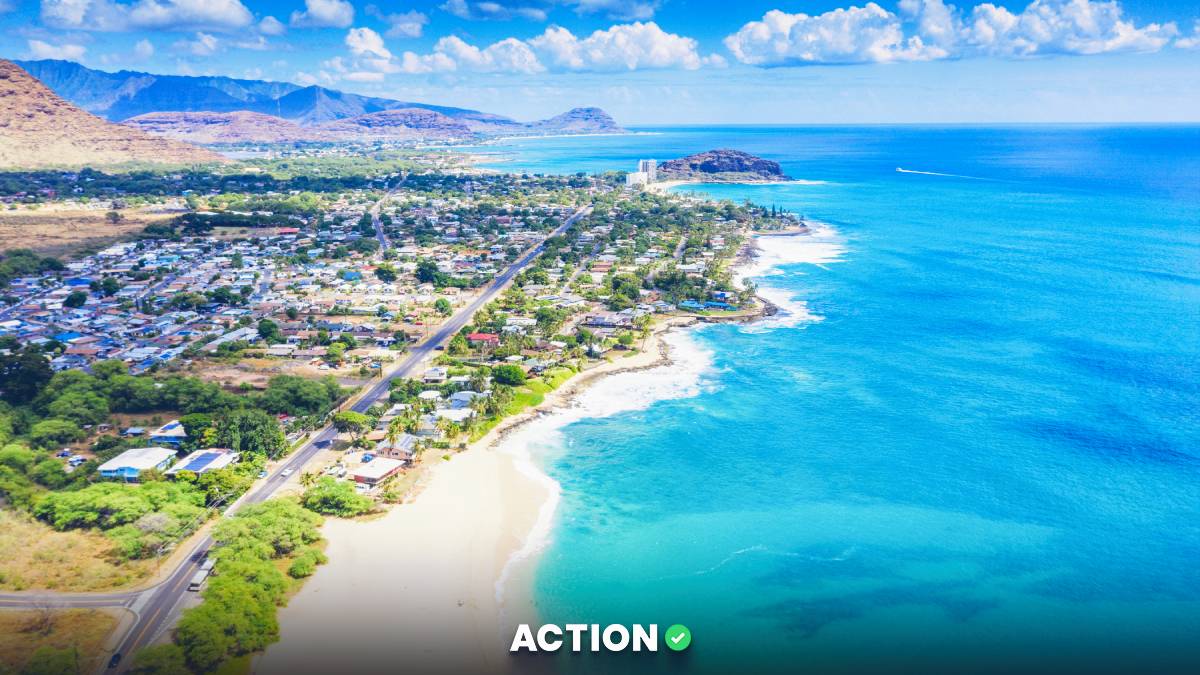The likelihood of a veto has just increased significantly.
In a recent political move, Maine Governor Janet Mills has effectively postponed making a decision on Legislative Document 1164, a bill that would allow the state's tribal nations to enter the online casino gaming industry.
The decision remains in limbo, with action deferred until the Maine Legislature reconvenes. It also comes just a few weeks after a straightforward decision was made on how the state will handle sweepstakes casinos going forward.
Understanding LD 1164
LD 1164 is a proposed measure that grants Maine's tribal nations exclusive rights to offer online casino games, such as poker and blackjack. The Tribal Nations include:
- Wabanaki Nations
- Passamaquoddy Tribe
- Penobscot Nation
- Houlton Band of Maliseet Indians
- Mi’kmaq Nation
This would expand on a 2022 law that already grants them the exclusive ability to provide online sports betting. By hiring outside suppliers to develop digital platforms, the tribes would gain a strong footing in the burgeoning online gambling market.
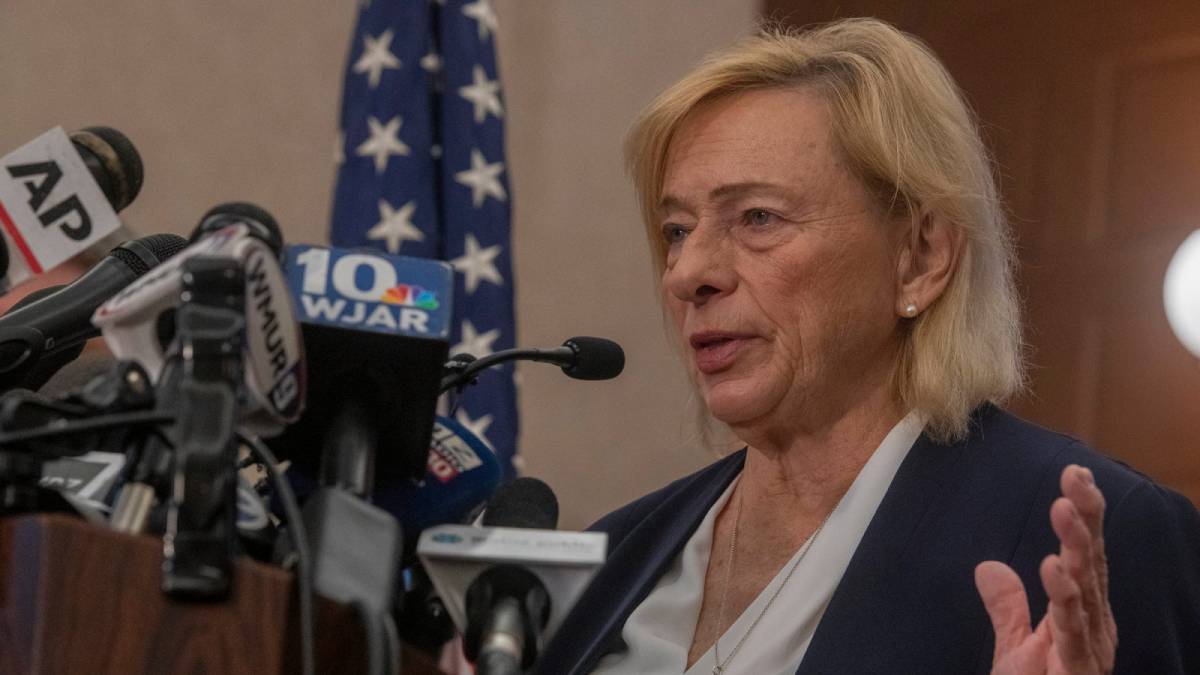
If enacted, this legislation would allow Maine to benefit from a share of the revenues generated by these online casinos. The state anticipates receiving 18% of the gross revenue, amounting to an estimated $1.8 million in the first year.
This bill could soon lead to the legalization of online gambling in Maine—a development that seemed improbable just a few months ago. Should it be approved, Maine would join the ranks of seven other states in the U.S. that permit online casinos.
Economic Implications of the Maine Online Casino Bill
Proponents of the bill highlight the potential economic benefits, which include increased revenue flows for the tribes, job creation, and contributions to state tax revenues. Estimates suggest that online casinos could generate nearly $19 million a year for the tribes and their partners, with more than $3.5 million in new annual state tax revenue.
Backdrop of Online Gambling
This legislative push for tribal online gaming comes amid tightening restrictions on sweepstakes casinos across the U.S.
Proponents argue that since many Mainers already access casino services through unregulated offshore sites, it's sensible to legalize and regulate such activities within the state, ensuring safety and revenue benefits.
Governor Mills’ Stance on LD 1164
Governor Mills has had a history of caution regarding gambling expansion.
She has put on hold approximately 60 bills since the legislative session ended, including the iGaming bill. This inaction is viewed by some as a "pocket veto," effectively hindering the bill without outright rejection. Mills' office has stated that all pending bills will be reviewed when lawmakers reconvene later in the year.
The bill faces significant opposition, particularly from existing casino operators such as Penn Entertainment and Churchill Downs, which run Maine’s Hollywood Casino Bangor and Oxford Casino Hotel, respectively. They, along with Mills’ administration, have voiced their opposition, arguing against further gambling expansion.
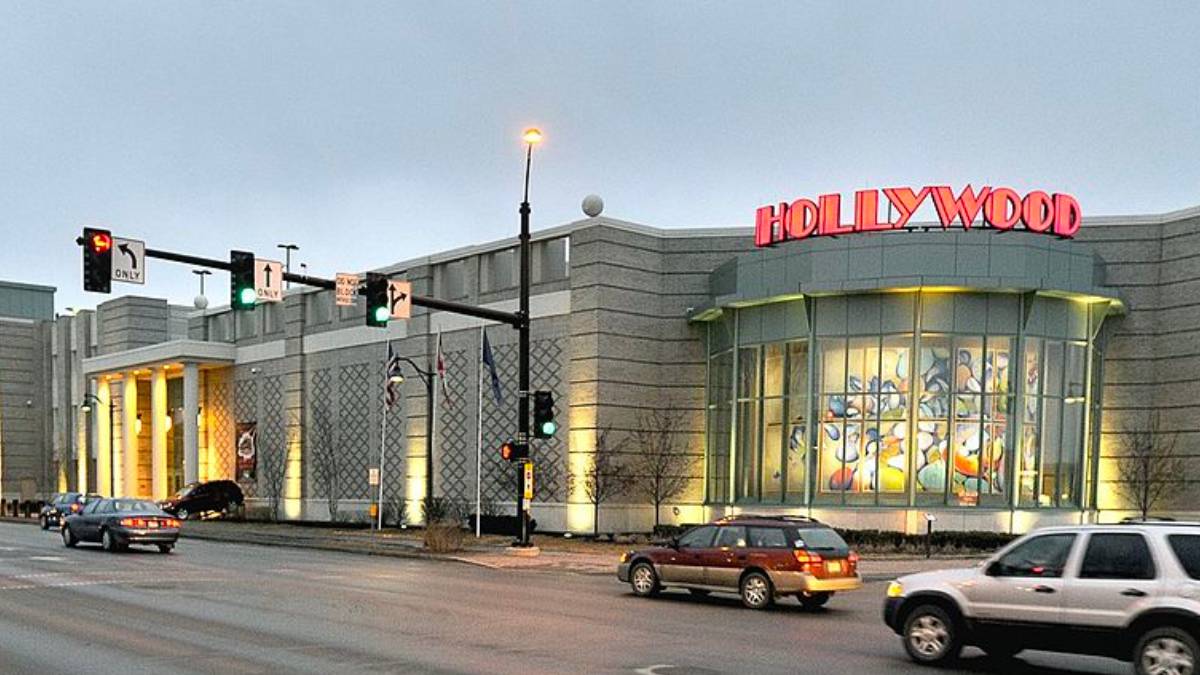
Moreover, the Maine Indian Claims Settlement Act of 1980 complicates matters by limiting tribal sovereignty in ways that don't affect most other federally recognized tribes. This restricts the benefits the tribes could gain from federal policies, such as the Indian Regulatory Gaming Act, which permits gaming activities on tribal lands in other states.
What’s Next for the Online Casino Bill in Maine?
As Governor Mills defers her decision, the fate of LD 1164 remains uncertain. Supporters continue to push for legislative action, emphasizing the potential economic growth and regulatory benefits. Meanwhile, the bill’s future hangs in the balance, awaiting the return of the Maine Legislature and Governor Mills' ultimate ruling.
This delay underscores the complex intersection of state law, tribal sovereignty, economic interests, and the evolving landscape of online gambling legislation in the United States.


